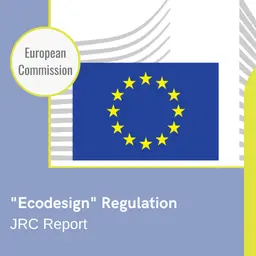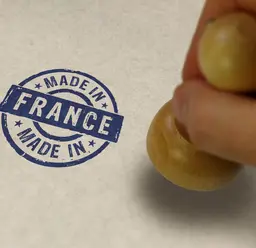
Whilst dry shampoo is now considered a veteran in the fast and fickle beauty industry, the mind-set around its place in the hair care routine is evolving. A product which began as an alternative is becoming a staple. The surge of shampoo replacements is doing a double duty by aiding the increasingly philanthropic agendas of beauty brands and consumers alike, providing opportunities for hair care to grow, and all the while conserving natural resources.
The 'no poo', or 'no shampoo', trend originated in the US and was born from scaremongering which demonised the sulphates commonly found in shampoo. Instead of allowing consumers to drastically forego hair washing entirely, the industry’s comeback was cleansing conditioners, a low-lather product which strikes a balance between cleansing and conditioning without the sulphates. The ingredients in cleansing conditioners produce significantly less foam than those most commonly found in standard shampoo, requiring a lower volume of water to rinse off. Therefore, whilst initially the 'no poo' movement was largely narcissistic, with the condition of the hair at the heart of its fruition, these low-foam substitutes form part of a virtuous circle which is preserving water supplies and therefore has geographical appeal far beyond the US.
A win-win for stakeholders
Water crisis topped the World Economic Forum’s list of long-term global risks in 2015. In the same year, the global shampoo market grew by over US$5.5 billion, a figure which is largely attributable to many high water-stress countries. Evidently there is significant opportunity for hair care brands to stop exacerbating and start thwarting the issue by taking low-lathering shampoo to the heart of the issue. Investing in research and development to …













